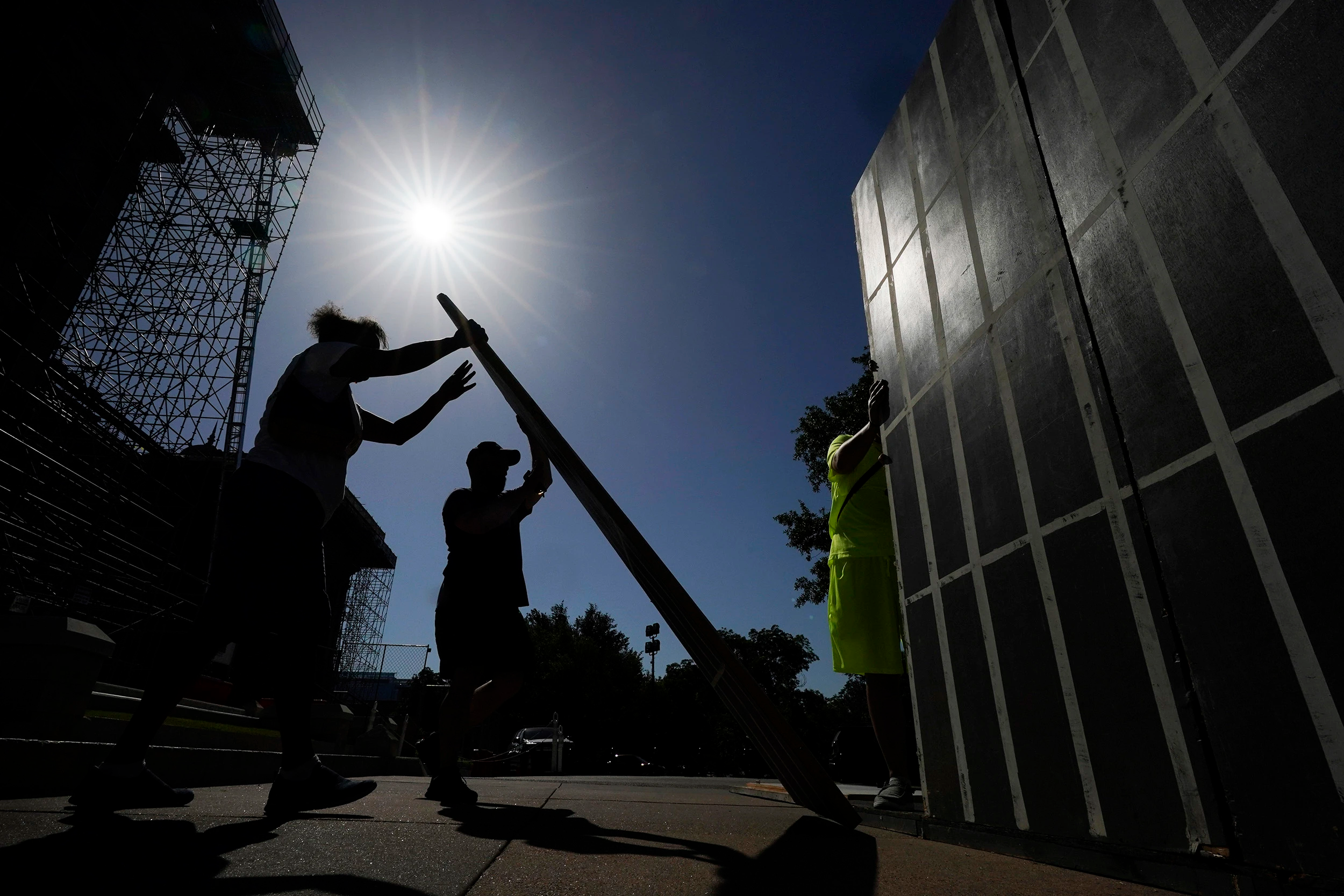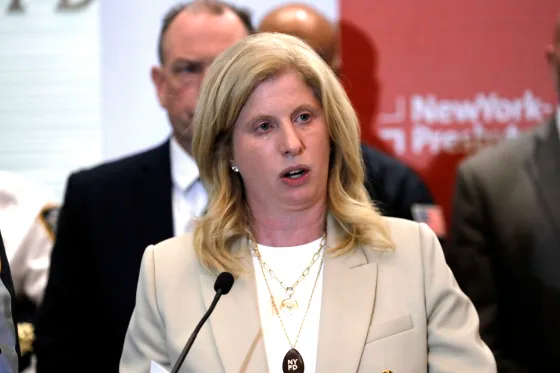
A federal judge has ruled that extreme heat in Texas prisons is unconstitutionally harsh, yet stopped short of mandating immediate air conditioning installation, which could potentially cost billions of dollars.
U.S. District Judge Robert Pitman acknowledged the “plainly unconstitutional treatment” of incarcerated individuals, recognizing the dangerous heat conditions that routinely exceed 100 degrees Fahrenheit. However, he declined to order immediate cooling system installations, citing logistical and financial challenges.
The lawsuit, initially filed by Bernie Tiede—a former mortician whose murder case inspired the movie “Bernie”—argues that the extreme heat constitutes cruel and unusual punishment. Several prisoners’ rights groups subsequently joined the legal action, expanding its scope.
Currently, Texas houses over 130,000 prisoners, with only about one-third of approximately 100 prison units fully air-conditioned. The remaining facilities have partial or no electrical cooling systems.
Lead attorney Jeff Edwards described the ruling as a preliminary victory, emphasizing that the court clearly identified the state’s actions as unconstitutional and life-endangering. He acknowledged disappointment that prisoners won’t receive immediate relief, but remains committed to pursuing the case.
A November 2022 study by researchers from Brown, Boston, and Harvard universities suggested that 13% of deaths in non-air-conditioned Texas prisons between 2001 and 2019 might be attributed to extreme heat. Prisoner advocates warn that these numbers could increase with rising climate change impacts.
Former inmates have previously testified about extreme conditions, describing temperatures reaching above 120 degrees Fahrenheit. Some reported desperate cooling methods, including splashing toilet water on themselves or fabricating situations to be moved to cooler areas.
Texas Department of Criminal Justice Director Bryan Collier acknowledged heat as a factor in three deaths in 2023 and admitted that both staff and inmates sometimes suffer from high temperatures. The state contends it has implemented heat mitigation measures like providing fans, towels, and access to cooler “respite” areas.
Judge Pitman indicated the case will proceed to trial, warning the state they will likely be ordered to install air conditioning. The state legislature, currently in session, is considering bills that might mandate prison cooling systems.
Similar lawsuits have emerged in other states, including Louisiana, New Mexico, and Georgia, highlighting a broader national concern about prison environmental conditions.

















Be the first to leave a comment